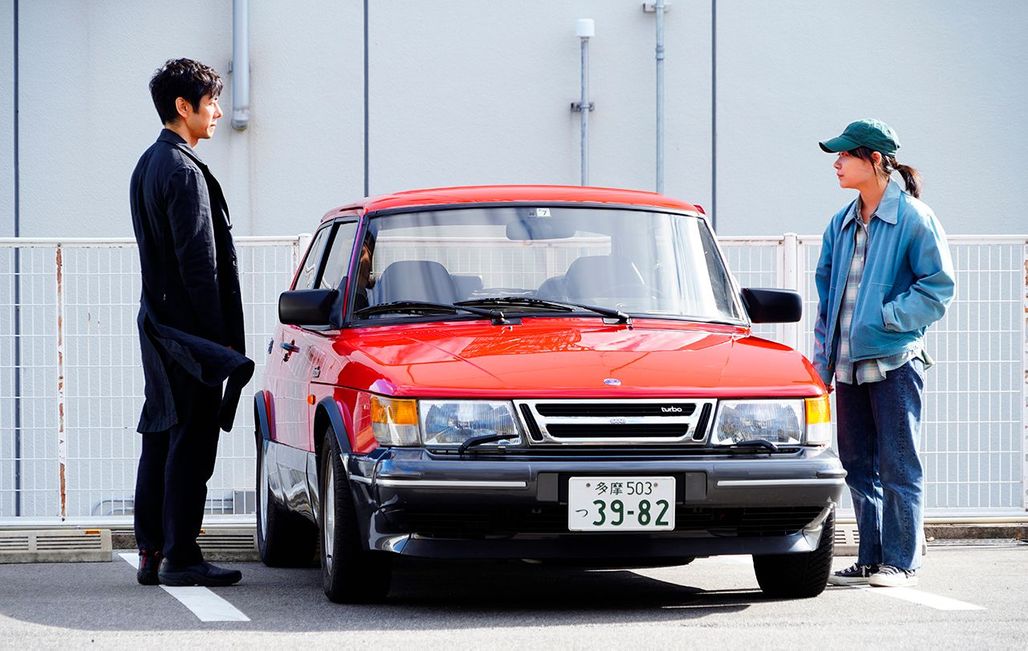
Drive My Car, Ryusuke Hamaguchi’s voyage of initiation

For his second appearance In Competition, the Japanese filmmaker pursues his subtle examination of affective constructs in this introspective film with its blinding visual universe. Drive My Car, in the running for the Palme d’or, focuses on one burning question: how does love sustain itself?
In 2008, Ryusuke Hamaguchi attracted attention with Passion, a romantic drama in which he was (already) exploring the versatility of the emotion of love. Since then, he has made a place for himself as one of the finest virtuosos of the new generation of Japanese auteurs.
Delicate and melancholic, his cinema is distinguished by a subtle blend of realism and imagination that gives his stories the aura of fables. He also shines with a formal sophistication that is always applied to a tender contemplation of the oscillating emotions that are steeped into his chronicles of Japanese society.
The consequences of surprising twists and turns in the films of Ryusuke Hamaguchi are always on the level of sentiment. After Passion, he brought us Happy Hour (Happî awâ, 2015) and Wheel of Fortune and Fantasy (2021), two sensitive portraits of women whose destinies cross paths. The director enjoys his radiology of the impossible purity of human relations, similar to the melodrama of Douglas Sirk or John Cassavetes, whose influence he acknowledges.
For his fifth production, Ryusuke Hamaguchi circles back on one of the leitmotifs of his filmography: disappearance. Drive My Car narrates the story of Yusuke (Hidetoshi Nashijima), a theatre director who suffers from the death of his wife, a dramaturge with whom he had found perfect love.
In Hiroshima, where he had agreed to direct a play by Anton Chekhov, he meets Misaki (Tôko Miura), a reserved woman in her thirties who has been assigned to him as his driver and to whom he talks about his emotional state. An adaptation of a short story by Haruki Murakami published in 2014, Drive My Car is a profound voyage that envelops the spectator, thanks to the nocturnal confessions of the two protagonists, in a sublime visual identity. As in Asako I & II (Netemo Sametemo, 2018), Ryusuke Hamaguchi auscultates the inner turmoil of a protagonist who is confronted with the imprint that love has left within him over time.


